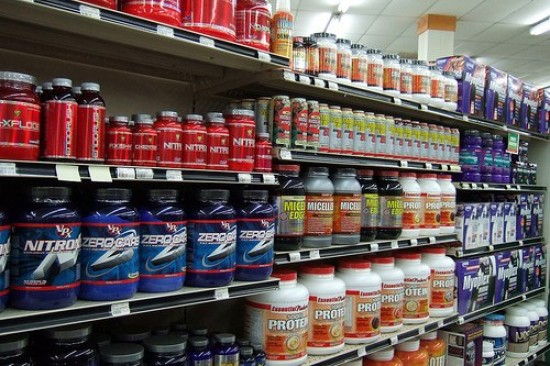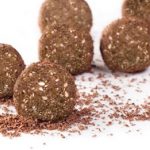//
Once strictly the domain of professional body builders, protein supplements are now growing in popularity for people of all athletic ability.
However, it is important to learn more about the purpose of protein supplements, how to use them and what to look for on product labels to ensure product quality and freshness.
About Protein Supplements
Protein supplements come in three different forms – soy, casein and whey. The most common type of protein supplement is whey since it is a milk protein that is water-soluble and is a complete protein. This means that whey contains all nine amino acids that humans need to fill their dietary requirements.
While most people can get their daily protein needs through food such as chicken, dairy products, fish and meat, many people are discovering that protein supplements help boost their workout and maintain energy levels.
In addition, protein supplements can help increase muscle mass, fuel longer workouts, recover from a sports injury or are missing protein from a diet due to vegan or vegetarian dietary choices.
There are many different kinds of protein supplements available, including powders, shakes, pre-mixed drinks and bars.
Purchasing Protein Supplements
These days, it seems that protein supplements are available everywhere, from the specialty nutrition store to the corner drugstore. However, consumers should be cautious when purchasing protein supplement products since some are better than others are.
For one thing, consider the amount of protein that you need. Building a pound of muscle requires an additional 10-14 grams of protein daily. In addition, different sports or activities require different protein levels. Here is a general guide:
- Recreational Sports
Add 0.5 – 0.75 grams of protein per pound of body weight for most casual sports. - Competitive Sports
When participating in a high-energy sporting event or prolonged activity, factor in 0.6 – 0.9 grams of protein per pound of body weight. - Teenagers
Active teenagers should get an additional boost of 0.8 – 0.9 grams of protein per pound of body weight. - Bodybuilding Sports
Those building muscle mass should get 0.7 – 0.9 grams of protein per pound of body weight.
Note that while this may seem like a large amount in some instances, the total number should factor in daily protein intake from food as well as protein products.
Protein Supplement Ingredients
Along with getting the right amount of protein, consumers should purchase products with natural ingredients instead of additives, sugar and chemicals. For example, look for whey protein isolate, flaxseed and other additions such as sunflower kernels, almond meal, sesame seeds, inactive brewer’s yeast, chia seeds, pumpkin seeds, cocoa, coconut flour or shredded coconut and stevia.
For more information, visit 180 Nutrition





